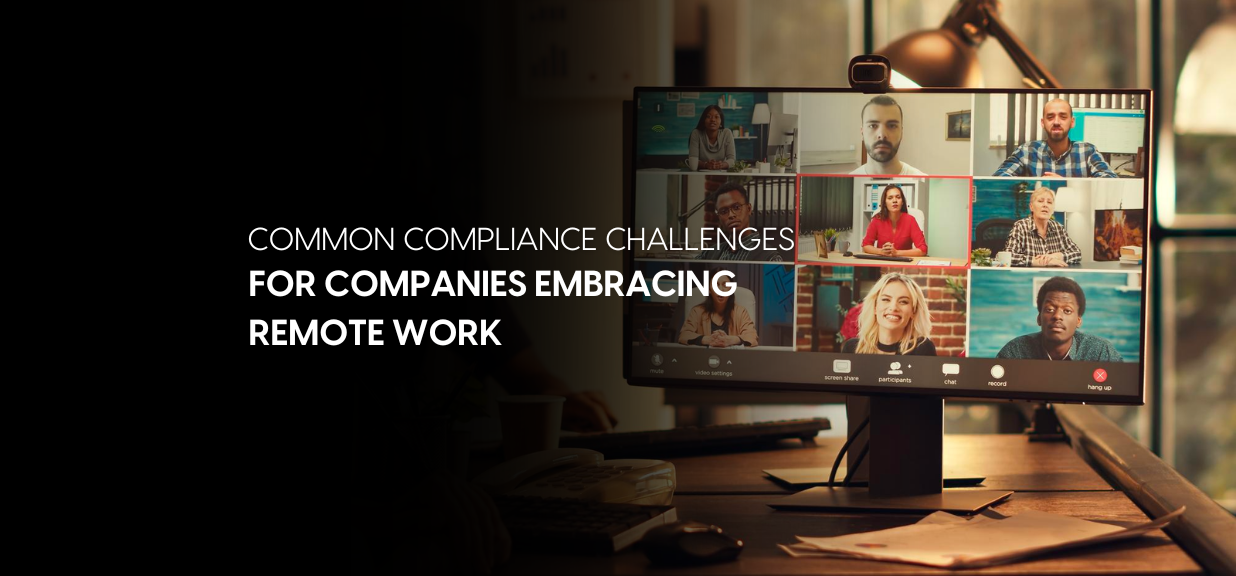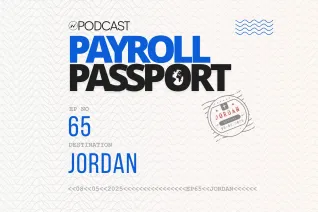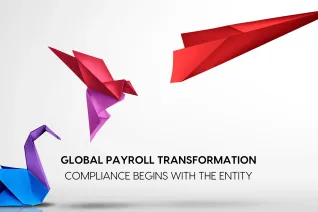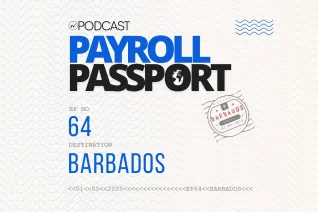Navigating the Global Workforce: Your Compliance Guide For Remote Hiring

In the ever-evolving landscape of globalized workforces, remote hiring has become an integral process for companies operating globally. As organizations increasingly embrace the flexibility of remote work arrangements, the complexities of compliance come to light.
Companies must address challenges such as mobile tax, data security, payroll, and licenses to maintain compliance, safeguard their reputation and find cost-effective solutions in the ever-evolving landscape of remote work.
One strategic approach is to engage an Employer of Record (EOR) provider. By partnering with an EOR, companies can ensure compliance, fortify their reputation, and find cost-effective solutions for the multifaceted challenges posed by the global hiring landscape.
While EORs offer support, proactive measures like regular audits, robust data security, vigilant tax tracking, and credential validation strengthen in-house compliance, mitigating global expansion risks.
Here are some common challenges organizations face while expanding their remote workforce that an EOR can help mitigate:
-
Mobile Tax Complications
Remote and hybrid work models can pose tax challenges, especially when employees work in different states or across international borders. Failure to understand and comply with varying state and international tax regulations, including personal income tax, may lead to incorrect payments, causing frustration and penalties for both the remote employees and the company. Ignoring these complexities can result in audits, tax violations, damage to the organization's reputation, and costly penalties. Companies must address these issues to ensure proper compliance and avoid potential consequences.
-
Data Security Compliance:
Ensuring compliance with data security regulations, such as GDPR, is crucial as typically, governments across the globe impose strict norms on cross-border data sharing. A survey conducted by Privacy Pillar resulted in 87% of customers stating that if they have doubts about a company's security procedures, they won't do business with them. This showcases how having secured security policies, adhering to GDPR guidelines, and utilizing encrypted communication channels are necessary for safeguarding sensitive employee information and preventing data breaches. Using an EOR provider would help companies stay updated on cross-border data transfer rules and regulations to maintain data security and avoid potential legal and reputational consequences.
-
Payroll Compliance and Licenses for Remote Hiring:
Navigating payroll and licensing compliances for remote hiring, especially in newer foreign jurisdictions, presents various challenges. Establishing legal entities may be necessary for hiring employees in some situations. Some countries may even demand home occupation permits for remote workers. To pay taxes without these permits risks legal issues, but with the help of a payroll provider such as Neeyamo, all your payroll needs are taken care of.
Companies must align with local laws and permit requirements. EOR services allow teams to operate through a local employer without establishing a legal entity. Staying aware of local payroll regulations and securing the necessary licenses or permits in specific regions is crucial for compliance and avoiding legal complications.
-
Requirements for Foreign Qualification:
When operating with employees in various countries, compliance with foreign government requirements is crucial. Depending on the nature of your business, employee activities, and duration of employees in a country, you may need to establish a separate entity or undergo foreign qualification. Meeting such requirements is essential if you regularly engage in business activities or have a physical presence in that location. Companies must also ensure legal recognition of foreign qualifications and implement a robust credential validation process that is vital for compliance with educational and professional standards in remote hiring.
-
Permanent Establishment Status Compliance Issues:
Establishing an entity in another country introduces the risk of Permanent Establishment (PE), by exposing the enterprise to corporate income tax, penalties, and interest charges. PE risk arises when a foreign enterprise conducts business within a country. This can lead to increased tax burdens, violations of international tax regulations, and reputational damage.
In the era of remote work, Neeyamo recognizes the need for simplifying remote hiring, especially when dealing with home offices, overseas employees, and independent contractors. As businesses extend their borders, understanding and addressing mobile tax considerations, data security, payroll regulations, foreign qualifications, and PE status are of the greatest importance.
Moreover, being aware of potential damages such as tax penalties, reputational harm, and corporate tax losses will not only ensure regulatory compliance but will also ensure your growth in this ever-evolving global landscape.
Neeyamo recognizes the significance of navigating the complexities of compliance. Neeyamo offers its customers its Global Work solution which ensures that all your global hiring needs are met no matter which corner of the world you're looking to hire in.
For your ultimate Global Hiring combo, Neeyamo’s Global Tech Stack provides you with a range of solutions including payroll, time, absence, expenses, benefits and much more to simplify your global hiring experience.
To know more, talk to our experts here or reach out to us at irene.jones@neeyamo.com.
Latest Resources
Stay informed with latest updates
If you're curious and have a thirst for knowledge pertaining to the HR, payroll, and EOR universe, don't miss out on subscribing to our resources.
















